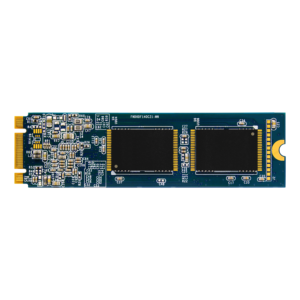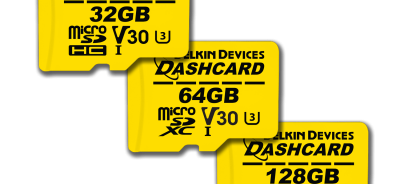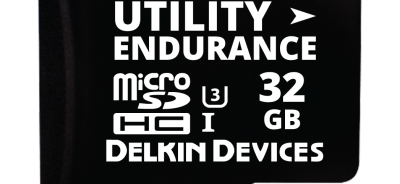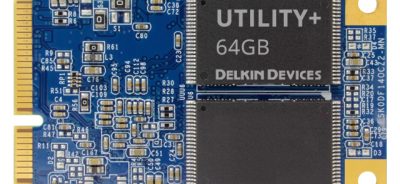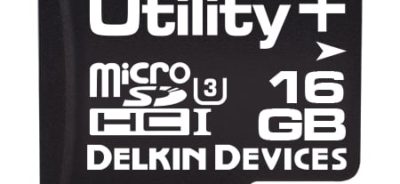Comparing M.2 SATA vs. mSATA
M.2 SATA and mSATA are both popular in small, thin devices that require board-level storage solutions. M.2 is a follow-up to mSATA, though mSATA is still in use across a huge range of devices. Both of these drives do essentially the same tasks, but they are not interchangeable, so you can’t simply swap one for the other. Here is a look M.2 SATA vs. mSATA drives.
SSD 101
When comparing M.2 SATA vs. mSATA, you may notice that they are both SSDs, or solid state drives. They are used as alternatives to hard disk drives, or HDDs. Although SSDs were once considered to be impractical to use in place of HDDs, they have now become the preferred drive for a huge range of consumer and industrial products. They are far less prone to failure than HDDs. They are also much faster, since they don’t have any mechanical parts that have to move into action during read and write operations. Both M.2 and mSATA are small and thin, so they can easily be incorporated into small devices, like thin laptops. Other SSDs are often too large or too thick to be used in modern device designs.
M.2 SATA
M.2 SATA is an M.2 SSD that uses the SATA interface for connection. It was designed to exceed the standards of mSATA, which came before, and it can be used with either PCIe or SATA interfaces. When used with the SATA interface, M.2 SATA reaches the top speed—6Gb/s—of the latest generation of SATA, which is SATA III. Although the PCIe interface can be faster, M.2 SATA is widely used because it is easily compatible with so many different devices. Note that M.2 SSDs are also called NGFF, or Next Generation Form Factor.
mSATA
mSATA, or miniSATA, is a smaller, thinner version of the full-size SATA SSD. The current mSATA works using SATA III, so it also reaches speeds of up to 6Gb/s. mSATA is essentially the same as the SATA SSD, except the outer shell is removed in order for it to be used in thin-profile devices. Many devices rely on mSATA, so although newly designed applications may opt to use M.2 SATA, mSATA still plays a central role in industrial storage.
Delkin offers both M.2 SATA and mSATA solutions. Our technical team can explain more about the features and help you obtain samples. Reach out to us today for more information about M.2 SATA vs. mSATA.
 Login
Login Register
Register


